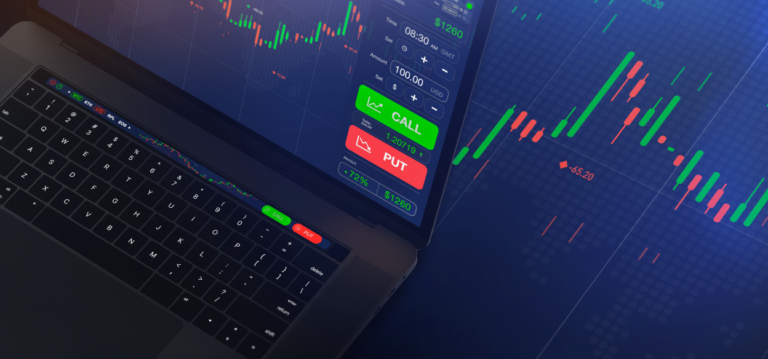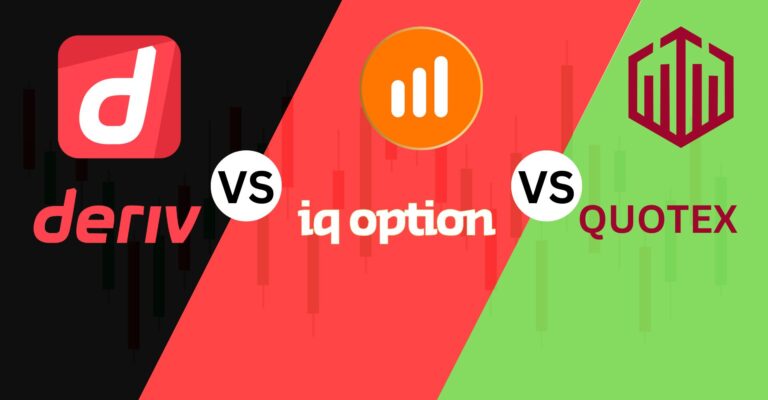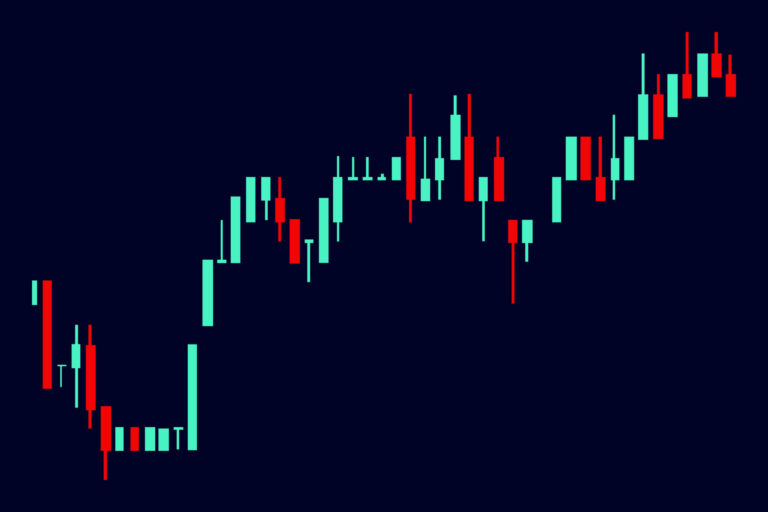What Are Prop Firms?
Proprietary trading firms, commonly known as prop firms, are companies that provide traders with capital to trade financial instruments such as stocks, forex, futures, and commodities. In return, traders share a percentage of their profits with the firm. Prop firms offer an opportunity for traders to access significant capital and leverage, enabling them to trade larger positions than they could with their own funds.
How Prop Firms Work:
- Funding: Prop firms provide traders with access to their capital, usually after a rigorous evaluation process. This capital can range from thousands to millions of dollars.
- Profit Sharing: Traders keep a portion of the profits they generate, typically between 50% to 90%, while the firm takes the rest.
- Risk Management: Prop firms often have strict risk management rules to protect their capital. Traders must adhere to these rules to continue trading with the firm’s funds.
- Training and Resources: Some prop firms offer training programs, educational resources, and access to advanced trading tools and software.
Types of Prop Firms:
- Traditional Prop Firms: These firms operate physical trading floors where traders work. Examples include Jane Street, DRW Trading, and Optiver.
- Online Prop Firms: These firms allow traders to work remotely. They often use online platforms to manage trader evaluations and funding. Examples include FTMO, TopstepTrader, and The 5%ers.
Evaluation and Funding Programs:
- Evaluation Phase: Many online prop firms require traders to pass an evaluation or trial phase before accessing full funding. This phase typically involves meeting specific profit targets and adhering to risk management rules over a set period.
- Scaling Programs: Some prop firms offer scaling programs where traders can access more capital and better profit splits as they prove their profitability and risk management skills over time.
Benefits of Trading with Prop Firms:
- Access to Capital: Traders can access substantial capital without needing to invest their own money.
- Leverage: Prop firms often provide leverage, allowing traders to control larger positions with a smaller amount of capital.
- Reduced Risk: Traders risk losing the firm’s money rather than their own, reducing their personal financial risk.
- Professional Development: Access to professional trading tools, resources, and sometimes mentorship or training programs.
Risks and Challenges:
- Evaluation Costs: Many online prop firms charge fees for the evaluation phase, which can be a financial burden if the trader does not pass.
- Strict Rules: Traders must adhere to strict risk management and performance rules, which can be challenging and stressful.
- Profit Splits: A significant portion of the profits goes to the firm, which might be seen as a disadvantage by some traders.
Choosing the Right Prop Firm:
- Reputation: Research the firm’s reputation and reviews from other traders.
- Evaluation Criteria: Understand the firm’s evaluation process, including profit targets, drawdown limits, and timeframes.
- Fees: Be aware of any fees associated with the evaluation phase or ongoing trading.
- Support and Resources: Consider the level of support, training, and resources the firm provides.
- Profit Split: Evaluate the profit-sharing structure to ensure it aligns with your financial goals.
Legal and Regulatory Considerations:
- Regulation: Ensure the prop firm operates in compliance with relevant regulations and has proper licensing.
- Contracts: Carefully read and understand the contract or agreement before committing to a prop firm.
Examples of Prop Firms:
- FTMO: An online prop firm that offers a comprehensive evaluation process and scaling plan.
- TopstepTrader: Focuses on futures and forex trading, providing an evaluation program and funding for successful traders.
- The 5%ers: Offers funding for forex traders with an evaluation phase based on profit targets and risk management.
- Maverick Trading: A traditional prop firm with a focus on stock and options trading, providing training and capital for traders.
Summary
Proprietary trading firms offer traders the opportunity to trade with substantial capital, access professional resources, and reduce personal financial risk. However, they also come with challenges such as strict evaluation criteria, profit splits, and adherence to risk management rules. Choosing the right prop firm involves careful consideration of reputation, evaluation processes, fees, and support provided.






